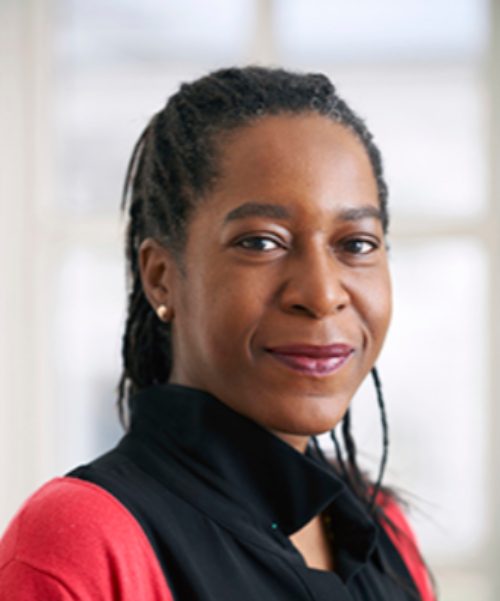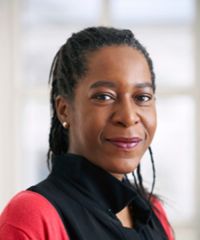Our vision
The Institute for Inclusive Communities and Environments (ICE) seeks to foster greater inclusivity and reduce inequalities among diverse individuals, communities, and environments. Using the arts, humanities, and social sciences our researchers and practitioners work collaboratively with communities, organisations, and policymakers in the UK and around the world to address the social and environmental challenges of our time.
Our aims
- Create and support a high-quality inclusive academic community, recruiting, mentoring and upskilling members at every stage of their career.
- Foster multisectoral networks of researchers, stakeholders and policy advisors within and across centres at university, regional, national and international levels to increase opportunities for new funding and multidisciplinary publications.
- Provide multidisciplinary, evidence-based responses of the highest quality, arising from our rigorous specialised knowledge.
- Engage with professional organizations, NGOs, civil societies, policymakers, students, and local and central government to raise awareness about inequalities stemming from inadequate attention to different language needs and to the value of literary education and heritage.
- Influence social structures, policy and our academic disciplines through rigorous and impactful research and knowledge exchange activities.
Our impact on the world
ICE exists to address the biggest challenges now facing societies in the UK and globally. We want to tackle all forms of inequality, create more sustainable cities and communities, improve health and wellbeing, support education, promote peace and justice, and protect the climate and natural ecosystems.
Our researchers bring diverse expertise, experience and perspectives to these challenges, yet all share a strong commitment to inclusivity and social justice, seeking to confront unfair power structures through close public and community engagement.
Our research directly contributes to the UN Sustainable Development Goals (SDGs). Key examples from ICE Research Centres include:
- Work at the Centre for Communities and Social Justice on migration and access to justice in the London Boroughs of Lewisham, Greenwich, Tower Hamlets and Newham, highlighting how refugees from war and poverty often lack recourse to public funds, supports No Poverty (SDG1).
- Work undertaken at the Centre for Research in Language and Heritage to raise awareness and improve the assessment of language needs – including a ground-breaking Manifesto for language needs, an Early Day Motion brought to the British Parliament in late 2023, which supports Good Health and Well-being (SDG3).
- The ‘Safe Working Practices in Theatre’ project, launched by the Centre for Creative Futures in the wake of the #MeToo movement and focusing on making creative productions safer and more accessible for participants and audiences, which contributes to Gender Equality (5).
- Critiques of the contemporary experimental music scene at the Centre for Sound and Image through engagement with marginalised communities (Exploring Cultural Diversity in Experimental Sound). Key outputs include a book and a vinyl LP and digital download compiling the work of Black and South Asian practitioners, which supports Reduced Inequality (SDG10).
- The work of the new Centre of Spatial and Digital Ecologies to create sustainable environments that can foster new design cultures, architectural forms, and future climates, which supports Sustainable Cities and Communities (SDG11).
- Research at the Centre for Transformative and Global Justice on the global electronics supply chains has led to public procurement professionals and policy makers at national and international levels to address their human rights’ impact, supporting Responsible Consumption and Production (SDG12)
Knowledge exchange
ICE works closely with many different external organisations, policy-makers, communities and individuals to co-create new knowledge and ensure it is used for the benefit of the economy and society. Our knowledge exchange partners include:
- Local governance organisations, such as the Royal Borough of Greenwich, London Borough of Newham, Royal Parks and the Greater London Authority.
- Metropolitan Police Service and HM Prison Service, as well as NHS Trusts, health authorities and clinical networks.
- Members of Parliament, Home Office and other central government departments.
- Local, national and international charities and civil society organisations, such as Liberty, Human Rights at Sea, Power the Fight, Partisan UK, Lewisham Refugee and Migrant Network and Citizens UK.
- Royal Museums Greenwich, The Tramshed Theatre, Greenwich Theatre, Venice Biennale for Architecture, Cinema Audio Society, Association for Motion Picture Sound, and other many other creative, media and heritage organisations and networks.
- Overseas organisations, such as the European Parliament, the Organisation for Security and Co-operation in Europe, the International Labour Organization, the European Institute for Chinese Studies and the United Nations Development Programme.
- Numerous higher education and research institutions in the UK and around the world.
Postgraduate research
All those undertaking postgraduate research at ICE enjoy the following benefits:
- Automatic enrolment at one of our six Research Centres, which will provide world-class research support and mentoring at every career stage;
- The opportunity to work closely with the community, using innovative approaches to challenge power structures;
- Financial support from Economic and Social Research Council (ESRC) studentships thanks to the University of Greenwich’s membership of the UBEL, a Doctoral Training Partnership that unites six leading social science institutions.
Our research centres
We believe that the most powerful way to address the world's most complex social, economic and environmental challenges is through interdisciplinary research. The Institute has six research centres that act as incubators of innovative research. Each centre transcends and brings together different disciplines. They also ensure appropriate support, mentorship and guidance for researchers across career stages.








































